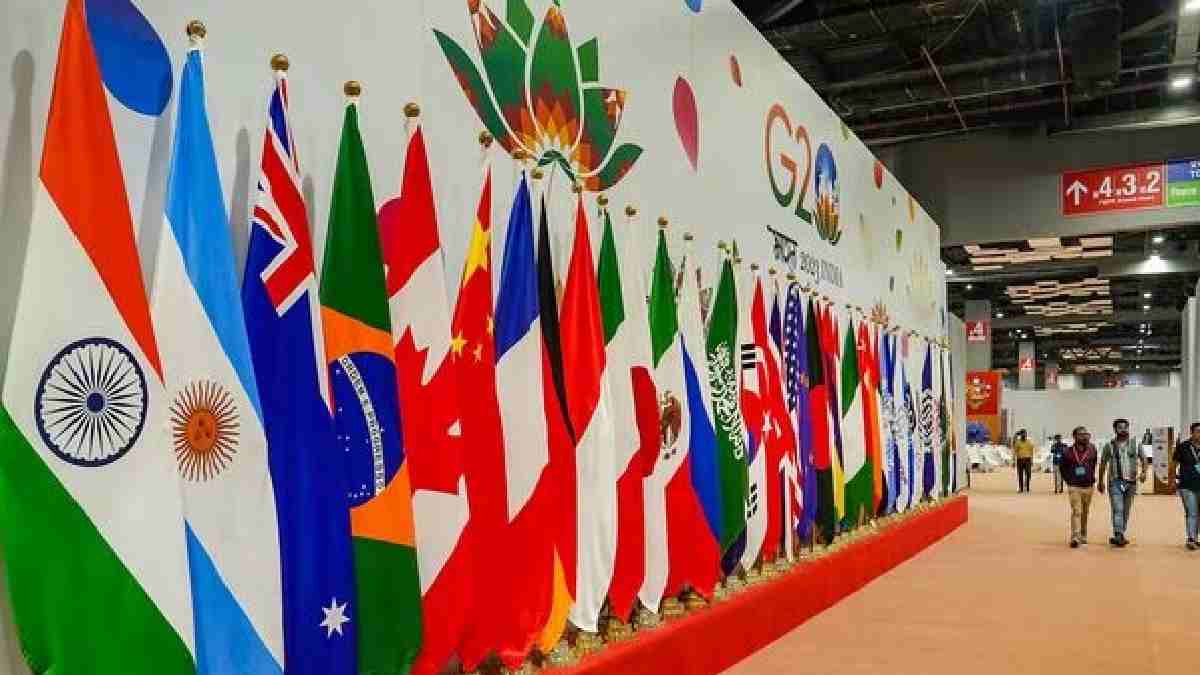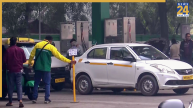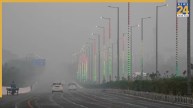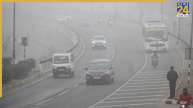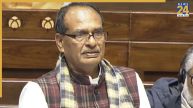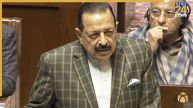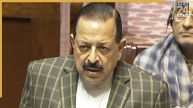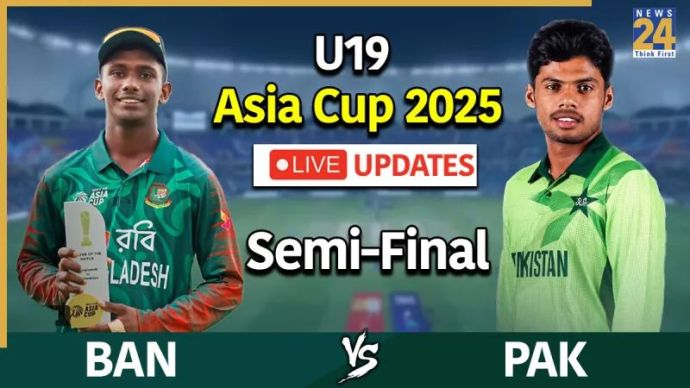Sanjeev Trivedi | New Delhi: The splendid Nataraj idol overlooked the arrival of the Heads of State outside the Bharat Mandapam, the Venue of the Delhi G20 summit. Inside there was PM Modi standing firmly beneath the prototype of the illustrious Konark wheel welcoming the high priests of world diplomacy. The 100 odd steps that every Head of State was walking to formally meet PM Modi said it all. Strides of the elite to meet the Prime Minister of a Nation which obviously till now does not own a place in the comity of the elite nations. India’s time has finally arrived.
The handshakes, the hugs and the pat on the back had their own stories to tell. Every world leader looked delighted as he embraced the hospitality of worlds largest democracy. But the delight of the Chairman of the African Union could hardly be missed. Ushered in by EAM Jaishankar, African Union Chairman Comoros Azali Assoumani was gratitude personified. The tight hug he gave to PM Modi conveyed the hearty thanks of the African people from across the 55 countries of the African Union i.e that part of the Globe where the aspirations have never met the resources. After all, the high tables of world diplomacy were within their reach because a certain Prime Minister from India thought African Union can measure up to the European Union. And that everyone else at the G20 had their thumbs up to the proposal could have happened only in New Delhi.
But the real challenge was waiting to be encountered. Even as the G20 first session progressed on the Day One, Indian Diplomats were writing and erasing that part of the joint declaration which actually threatened the success of the Delhi G20 summit. G20 Sherpa Amitabh Kant a day earlier had hinted that all proposals ranging from Climate to those on Health, Energy, Crypto or Biofuel had one hundred percent support of the members but consensus on the proposal on Ukraine was proving elusive. But not one to give in easily he and his fellow Diplomats were working on the phraseology that could enlist the support of the Russians as well as the western block. And Saturday was the day.
No sooner had the second G20 session started that PM Modi’s voiced boomed in the room as announced that the Delhi G20 Joint Declaration has been adopted. His short announcement was met with thunderous applause as something that looked difficult had been achieved. In all the Ministerial meets that India had during the G20 – China citing its objections had not allowed one single joint declaration to be formalised. But here it was the Final Declaration which had Ukraine in it and which had been accepted by all including China and Russia. All 83 paragraphs of the Joint Declaration had a unanimous support and these 83 included the 8 paragraphs that contained reference to Russia-Ukraine war and other contentious issues. The paragraph to which all agreed read ‘Concerning the war in Ukraine …. All states must refrain from the threat or use of force to seek territorial acquisition. This was direct and India’s soft power had done the impossible.
The Big Deal – as President Joe Biden called it however was still waiting to happen. Towards the evening PM Modi sprung the third surprise of the first day when he announced the launch of the India-Middle East-Europe Mega Economic Corridor – something which announced the economic integration of India, West Asia and Europe. China sat and saw how in New Delhi its Belt and Road Initiative stood challenged with a proposed rail and shipping corridor coming up as a major challenge to its China Pakistan Economic Corridor.
The best part on the G20 Day One was that while the big bang initiatives had passed the muster – the other decisive issues piloted by India – owing to their strategic importance did not face a single hurdle. So the proposals whether it was linked to Energy or the Climate or Health or the Crypto were all accepted gladly by all the members of G20.

